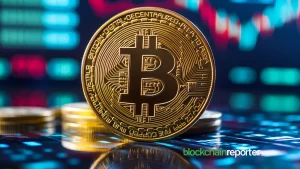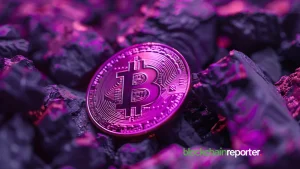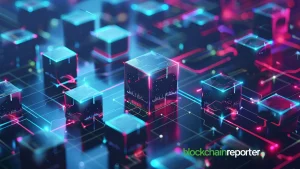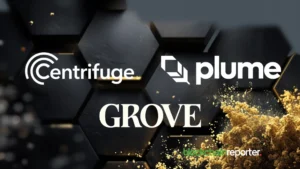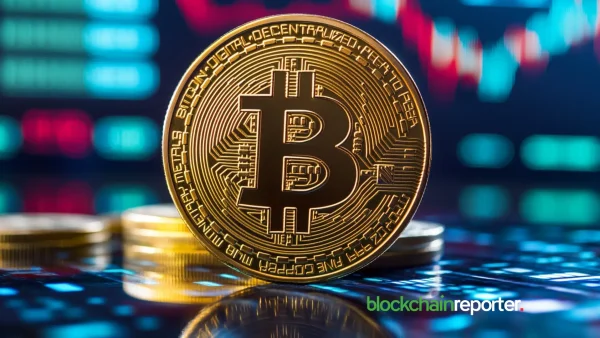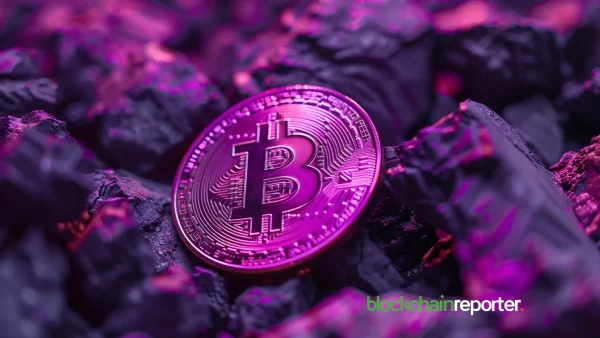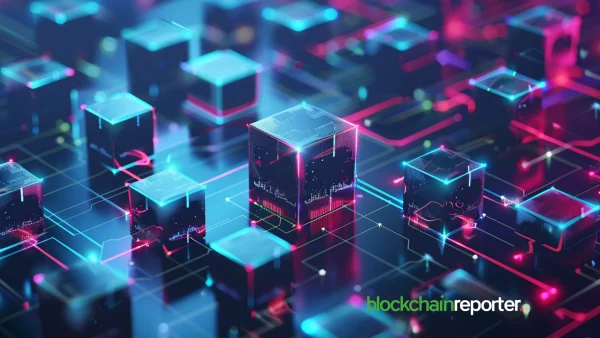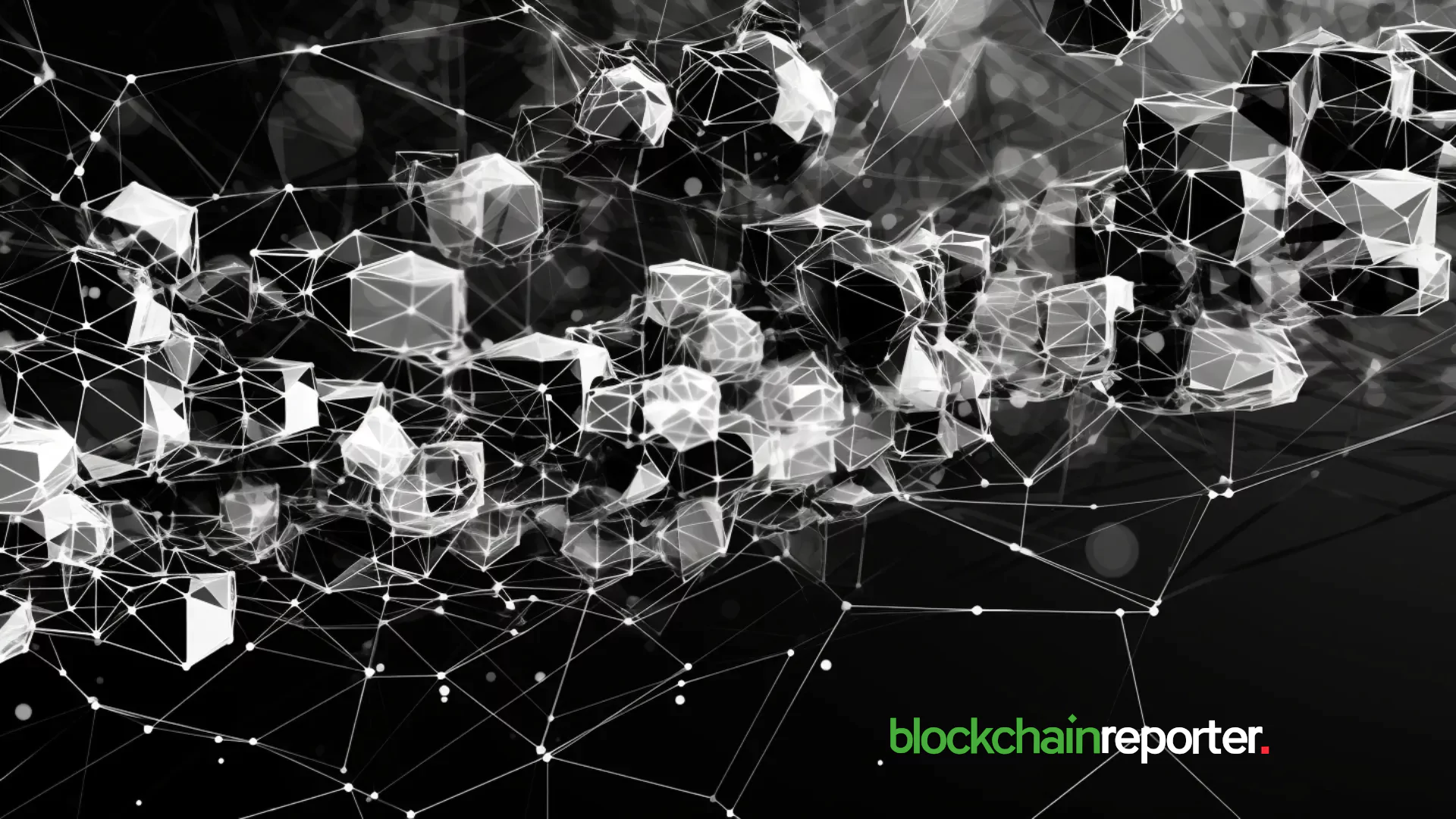
The DeFiChain decentralized exchange has been updated to include four more decentralized tokens, making it the most comprehensive cryptocurrency trading platform on the Bitcoin network. DeFiChain’s mission is to make decentralized financial apps and services available to everyone. The following dTokens have been recently introduced: $dWMT (Walmart), $dUL (Unilever), $dUSO (US Oil Fund), and $dUNG (US Gas Fund).
As a significant alternative to the conventional financial broker, it provides customers with price exposure to the assets of their choosing, irrespective of geographic location. Users will now have the ability to mint and trade these decentralized assets within the DeFi ecosystem, giving them price exposure to stocks and ETFs without having to leave the community.

They are also able to purchase dTokens on the DeFiChain DEX, even in fractional pieces of the currency. There are already dTokens available on DeFiChain that correspond to the S&P 500, Tesla, Apple, Alibaba, GameStop, Nasdaq 100, Nvidia, Amazon, Microsoft, Netflix, Meta, and a wide variety of other stocks and ETFs.
The Essentials Of DeFiChain’s dTokens
Users have the option of keeping their dTokens as an investment, trading them on the DeFiChain DEX, or using them to mine for liquidity on the DEX. Users have the ability to mint their own dTokens on the DeFiChain blockchain by making a collateral deposit of BTC, DFI, dUSD, USDT, or USDC in the DeFiChain Vault.
The dTokens are not “securities” that have been issued by a business or other significant organization. This indicates that while they do provide users with price exposure, they do not provide ownership, voting rights, dividends, or any other benefits that are typically offered to stockholders. The actual stock price is not tracked and reflected by the dTokens.
Rather, a variety of variable elements are tracked and reflected, and oracles are used to record those feeds. By minting or purchasing the required dTokens, millions of people from all over the world who weren’t able to invest in US stocks owing to geographical constraints, trading prohibitions, or any number of other obstacles could acquire price exposure to their preferred assets.
Benjamin Rauch, VP of Marketing at DeFiChain Accelerator, said, “New listings on DeFiChain are driven by the community. Since commodities are a hot topic right now, the community decided to list two commodity related tokens, which shows the real power of decentralization. On DeFiChain everybody can participate in building the financial tools of tomorrow!”
Offering Intelligent And Transparent DeFi Services
The DeFiChain blockchain is completely decentralized, and its governance is performed on-chain. Since the introduction of its mainnet in May 2020, the project has witnessed an active involvement from the community in virtually all parts of the blockchain, including masternodes, projects, tools, governance, economic ideas, and code governance.
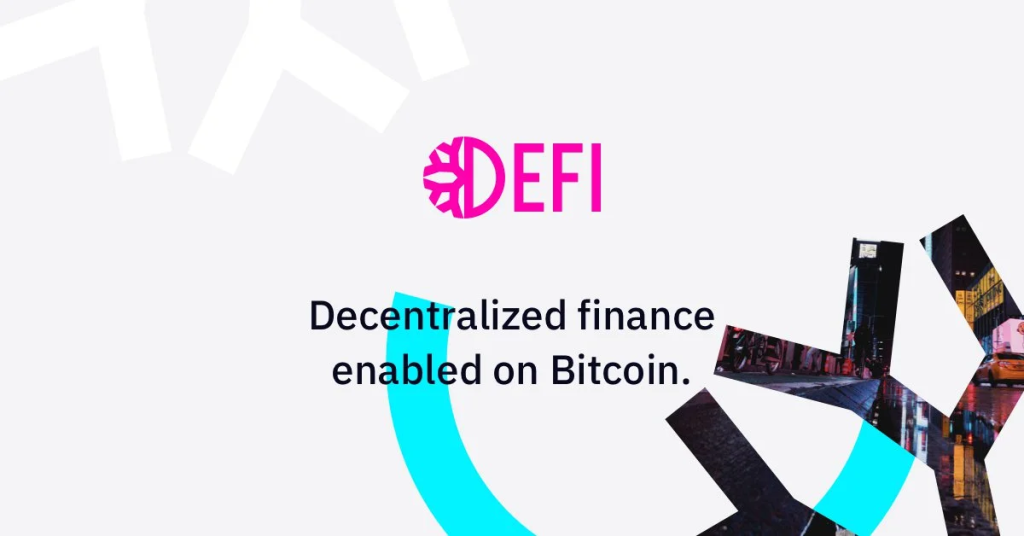
Its codebase was developed using open source software, and it was subjected to extensive peer review and analysis by a large number of individuals. DeFiChain is a Proof-of-Stake blockchain that is decentralized, and it was established as a hard fork of the Bitcoin network to allow more powerful dApps. It is committed to facilitating the creation of decentralized financial services that are quick, intelligent, and transparent.
Liquidity mining, staking, decentralized assets, and decentralized loans are some of the features offered by DeFiChain. The goal of the DeFiChain Foundation is to include decentralized finance into the Bitcoin ecosystem. The team behind DeFiChain has big goals for the future of the platform, and some of those goals include connecting it with well-known wallets and exchanges, as well as building additional features and applications.
Additionally, the team is seeking to expand the platform’s reach to additional countries and regions. In the near future, the team intends to make DeFiChain the platform of choice for decentralized finance. DeFiChain is off to a solid start, with a rapidly expanding community of users and developers. Since its mainnet launch in June 2020, the platform has experienced substantial growth, and the team is sure that it will keep on expanding at an exponential rate in the upcoming months and years.


